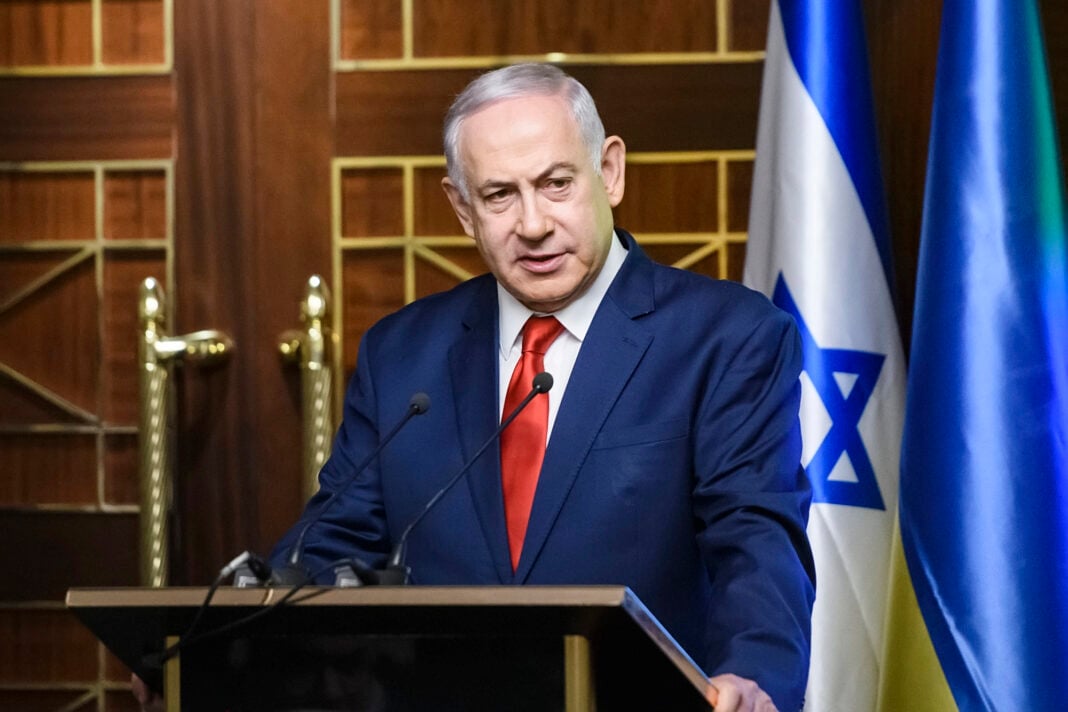Israeli Prime Minister Benjamin Netanyahu has been attacked from several quarters in the last few days, loudly and decisively. First of all, and here the anger is humanly understandable, the families of the hostages still in the hands of Hamas have lashed out at the government, especially after the killing of some of them. The families fear, one cannot blame them, that gradually those Israeli citizens still held by the terrorists will all be eliminated. A general strike has been called and the streets of Tel Aviv are filled with protesters. Netanyahu has even received criticism from his government’s Defence Minister, Yoav Gallant, who also belongs to Likud, the PM’s own party. For Gallant, maintaining the presence of the IDF, the Jewish state army, in the so-called Philadelphia corridor, i.e., the territory between the Gaza Strip and Egypt, means the death sentence of the hostages. In any case, Yoav Gallant’s position turned out to be a minority one and there was a large vote in favour of the army remaining in the security corridor. Concerns were expressed by US President Joe Biden that Bibi Netanyahu, according to the White House, was not doing enough to reach an agreement for Gaza. It is obvious that the leaders of a country are the first to be held accountable for their actions, for better or worse, but Israel, between the need to annihilate Hamas and the thought of the hostages still alive, is going through one of the most complicated phases of its history and whoever was in the place of the current prime minister, would not be able to do any better. It is sometimes forgotten that it all started with the bloody Hamas attacks of 7 October 2023, that is, with a crime that could not go unpunished. From the very beginning, with all its internal components united on this point, the government in Jerusalem has set itself the goal of dislodging once and for all the terrorist organisation that has become the master of the Gaza Strip, and one must also remember the successes achieved so far by Israel such as the eliminations of the military leaders of Hamas and Hezbollah and the political leader Ismail Haniyeh. The Biden Administration is pressing for an agreement, but Netanyahu, while not rejecting American and even European insistence out of hand, is not entirely persuaded that he must come to terms, in some way legitimising them, with those he intends to defeat outright. Incidentally, Benjamin Netanyahu is a democratic leader and as such can be criticised even fiercely, indeed, for some commentators, it seems that the war in the Middle East has only exploded because of Bibi, but the Hamas protagonists are terrorists and it is not easy to make compromises with those who only understand the crack of arms. The Israeli PM is convinced that some stubbornness is preferable in this conflict not initiated by the Jewish state, until Hamas achieves a decisive and historic defeat. The hostage issue is a drama not at all ignored by the government, and one that undoubtedly lacerates consciences. The past of the Italian Republic has been characterised by a long and painful debate concerning the need to save innocent human lives and the simultaneous danger of actually funding the kidnappers of organised crime or the Red Brigades, but are we sure that if the Israeli army suddenly withdrew from Gaza and the Philadelphia corridor, Hamas would hand over the hostages alive? We are dealing with criminals and it is only possible that the terrorists will return to occupy the Strip, making all these months of war and grief useless.

